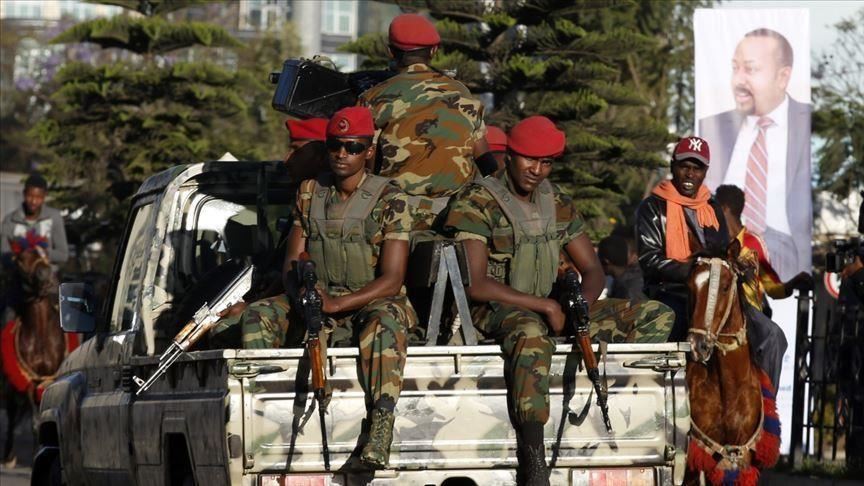Africa-Press Ethiopia
Addis Ababa, Ethiopia – It has been more than two weeks since the Ethiopian military took control of Mekelle, the capital of the country’s northern Tigray region, from the now-overthrown regional government.
The fighting that began early last month between government troops and forces loyal to the Tigray People’s Liberation Front (TPLF) is thought to have killed thousands of people and forced an estimated one million from their homes.
Despite the seizure of Mekelle on November 28, clashes between the federal forces and the TPLF are believed to be continuing in some parts of rural Tigray. Swathes of the mountainous state of more than five million people remain inaccessible to news outlets and humanitarian groups, while an internet and telephone blackout has made it difficult to obtain and verify information about the conflict.
But a testimony given to Al Jazeera by a doctor who worked at Mekelle’s main hospital until their return last week to Ethiopia’s capital, Addis Ababa, has offered a rare, first-hand account of the mounting medical needs and the dismal living conditions in the city during the conflict.
The doctor, whose name has been withheld to shield them from any possible reprisal, provided a copy of their identity card and another document to prove their yearlong employment at Ayder Referral Hospital. Their account below has been slightly edited for brevity and clarity.
Play Video
“On the night of November 3, I was in the hospital’s operating room. Suddenly, the lights went out. The emergency room was then flooded with severely wounded soldiers. They were at least 60 from both sides. I am a gynaecologist but I had to help. In that moment alone, I witnessed five deaths.
“The next morning, the banks were closed. There was no electricity, no mobile phone network and no water. Everything happened out of the blue and nobody was prepared for it, in terms of food conservation and cash money. Luckily, I had some food in my home and a little cash, but I had to save it in every possible way.
“In the first two weeks of the war, there weren’t any issues with food supplies. But with banks closed, how could you buy anything? Some people with lots of cash in their hands managed to buy large quantities of grain. And later, when the banks reopened temporarily, the shortages began. Food prices inflated alarmingly. Tomatoes were being sold 100 birr [$2.6] per kilo, up from 20 birr; potatoes were 40 birr per kilo, from 10 birr. The supplies of basic food items started to run out. Bread, injera, teff and wheat grains vanished.






